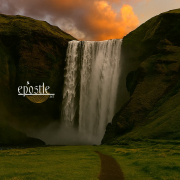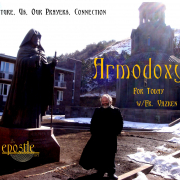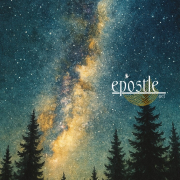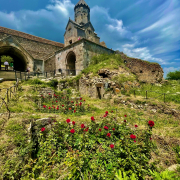Awe at Geghart
Geghartavank, or the monastery of Geghart, is unique because its wonder is felt only after you enter its doors. It is a monastery carved out of a mountain. Inside, different chambers are interconnected through narrow and low passageways. Geghart means “lance” or spear. In the Gospel of St. John 19:34 we read that as Jesus committed his spirit on the cross, the soldiers who were witnessing the crucifixion pierced his side with a lance to assure themselves Jesus was dead. That lance is kept by the Armenian Church to this day and is used to stir the Holy Miuron which is prepared every seven years, completing the mystical connection to the Body of our Lord Jesus Christ. Ghevart monestery is named after the Holy Lance. and housed the Sacred object for centuries.
The monastery was a tourist stop even during Soviet times. During the Soviet rule over Armenia, it was common for tourists to visit Armenian monasteries as part of the cultural landscape. In other words, the religious significance of these sacred sites was diminished by the government, by presenting them as expressions of random creativity, not necessarily inspired by the Spirit. The Christian background was minimized, or even nullified, for the tourist in the official state narrative about churches and monasteries. Today, people flock there for curiosity, but more and more as a pilgrimage shrine to augment their faith.
A group of us arrived one morning to discover we had just missed a mini-concert by a cappella singers. Their repertoire included a few sharagans, or hymns of the Armenian Church, and a couple samplers from Gomidas Vartabed (early 20th century). We inquired when the next concert might take place and they told us it would be a bit later. Our group of nine pilgrims entered the cave at Geghartavank. We were alone. The Spirit moved us. We huddled together and sang a hymn, requesting God’s mercy, “Der Voghormia.” The acoustics of the cave are such that, we, untrained vocalists, sounded amazing, so much so that the group of a cappella singers came back in as if to answer our prayer. They smiled and lined up in front of us. Taking out an electronic pitchfork, one of the singers gave the note and the others tuned into to produce a concert that was beyond anything we could have asked for, in fact, it was beyond what we could have imaged. It was renewing and invigorating, leaving us in tears, with full heart of contentment.
Sometimes it is best to pray and know that everything falls into place. These singers were angels who delivered the word of God in a manner that we could not have imagined. We weren’t expecting this concert, nor did we pray for it, but in our prayer of thanksgiving, a blessing of unproportionate size was delivered. Not everything needs to be articulated. Our thankfulness turned into awe.
Today, we remember this quote by Albert Einstein: The most beautiful thing we can experience is the mysterious. It is the source of all true art and science. He to whom the emotion is a stranger, who can no longer pause to wonder and stand wrapped in awe, is as good as dead —his eyes are closed. The insight into the mystery of life, coupled though it be with fear, has also given rise to religion. To know what is impenetrable to us really exists, manifesting itself as the highest wisdom and the most radiant beauty, which our dull faculties can comprehend only in their most primitive forms—this knowledge, this feeling is at the center of true religiousness.
Cover: Luna & Gregory Beylerian, 2023

 2023 Epostle.net
2023 Epostle.net 2025 Epostle
2025 Epostle 2009 Fr. Vazken
2009 Fr. Vazken 2024 Epostle.net
2024 Epostle.net 2009 Fr. Vazken Movsesian
2009 Fr. Vazken Movsesian 2025 Epostle
2025 Epostle 2023 Fr. Vazken
2023 Fr. Vazken


 2023 Epostle.net
2023 Epostle.net
Leave a Reply
Want to join the discussion?Feel free to contribute!